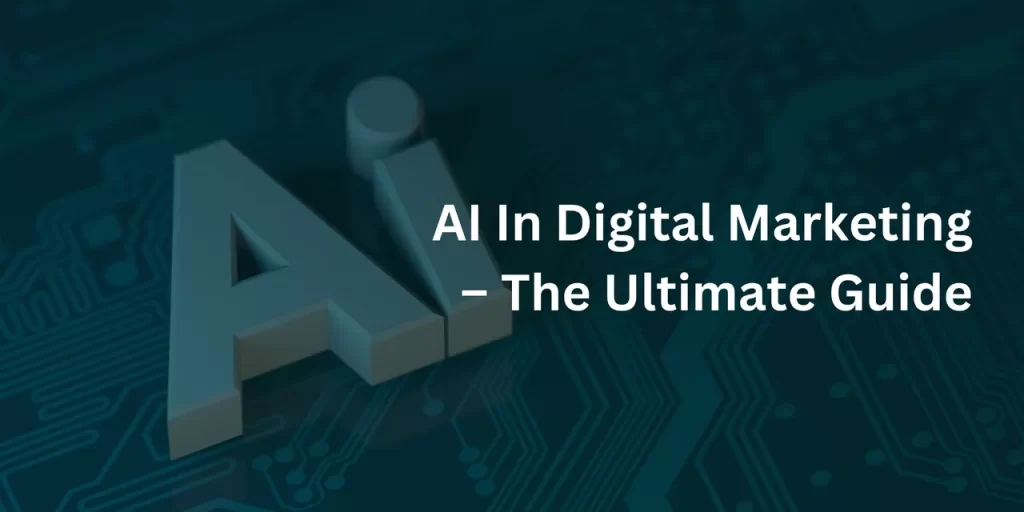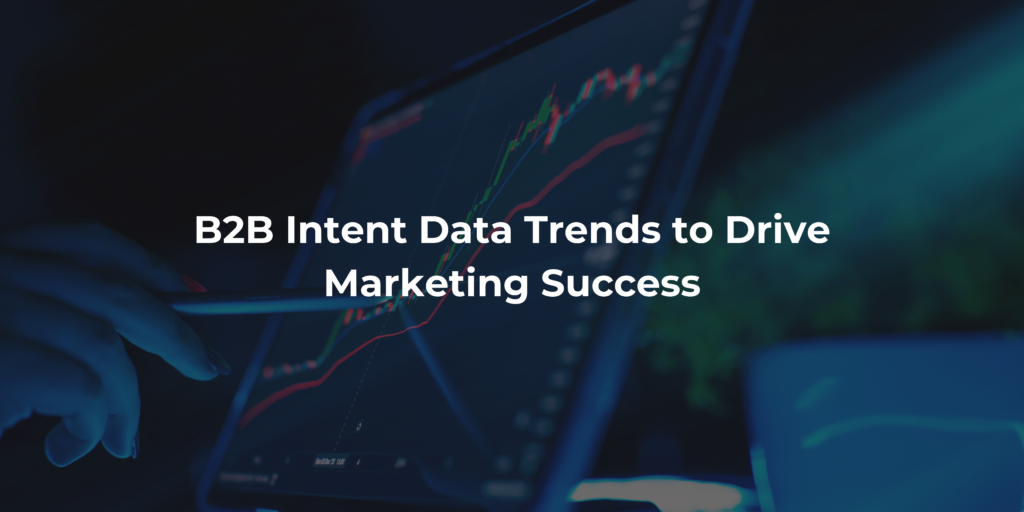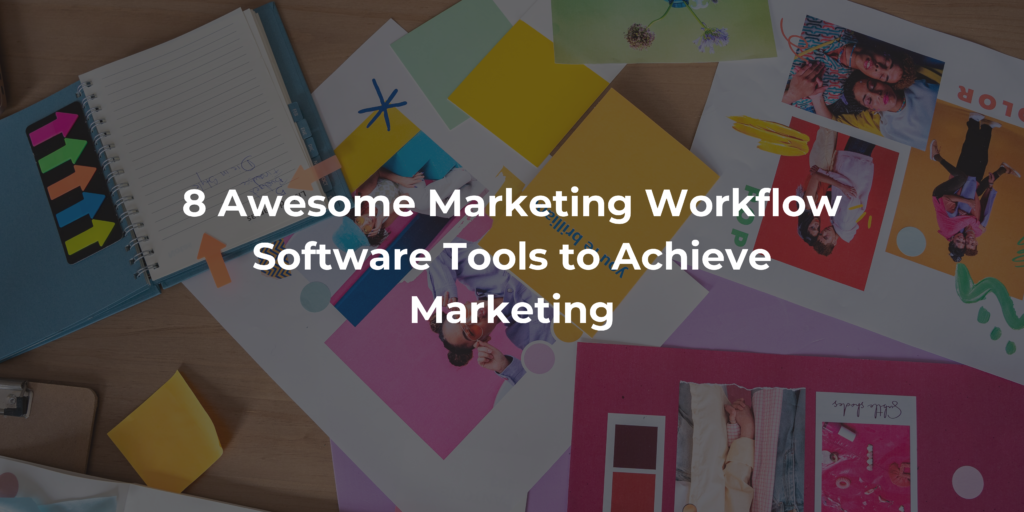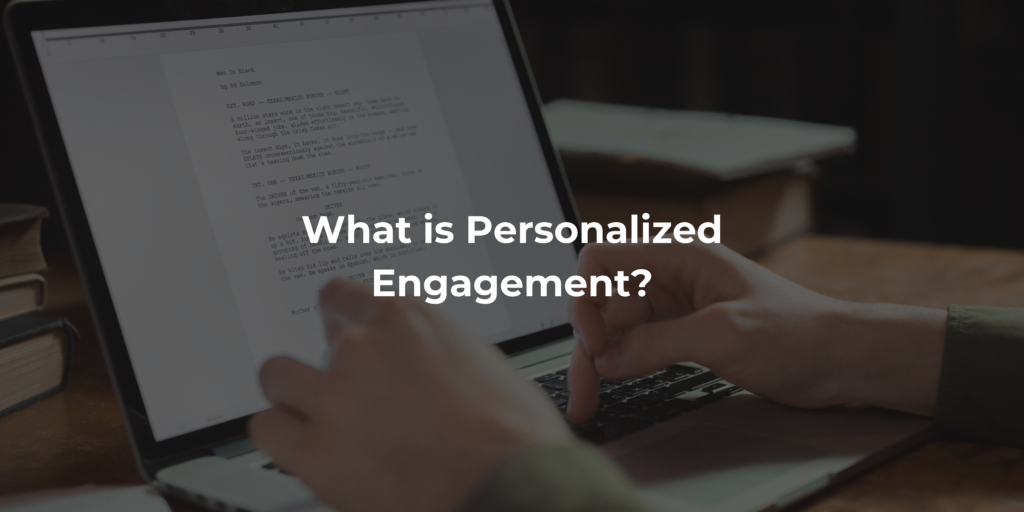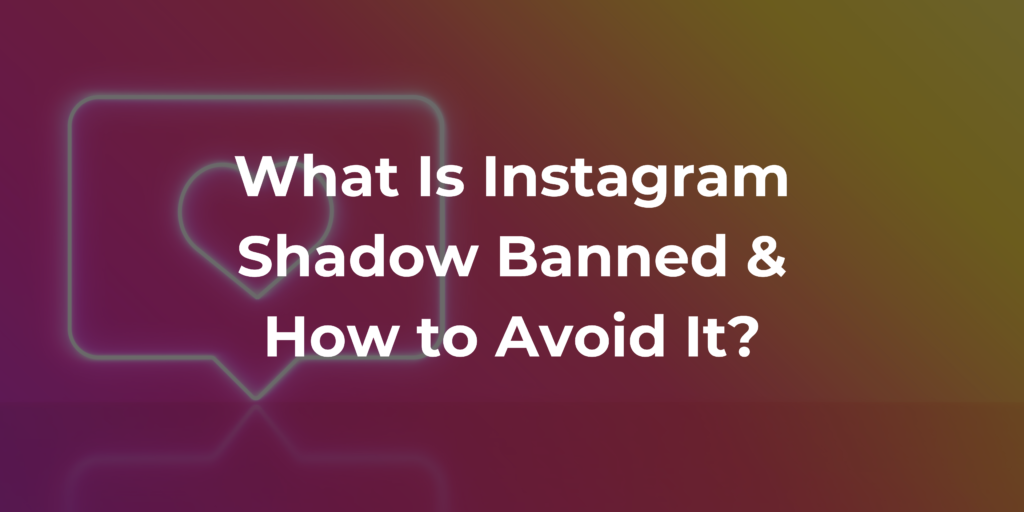In today’s fast-paced digital marketing world, staying ahead of the competition is essential for businesses to succeed. That’s where Artificial Intelligence (AI) comes in, transforming the entire landscape and bringing new opportunities for marketers to thrive.
In this blog, we’ll explore the exciting world of AI in digital marketing and uncover its potential for success.
What is AI In Digital Marketing?
AI in digital marketing refers to the integration of artificial intelligence technologies to enhance and automate various marketing processes. These technologies include machine learning, natural language processing, predictive analytics, and data science. By leveraging these tools, marketers can gain valuable insights, optimize campaigns, and deliver personalized experiences to their audience.
AI Digital Marketing Tools:
1. Chatbots: Nowadays, it is common for websites to utilize chatbots in order to enhance the user’s experience, offering prompt customer support and guidance.
2. Predictive Analysis:
With the help of predictive analytics tools, marketers are able to delve into past data and use it to project future trends. This empowers them to make well-informed decisions and fine-tune their strategies for optimal results.
3. Personalization Engines:
Example: Netflix uses AI algorithms to recommend personalized content based on user preferences, enhancing user engagement and satisfaction.
4. Programmatic Advertising: AI-powered programmatic advertising platforms automate the buying of ad space in real-time, optimizing ad placement for maximum impact.
Examples of AI In Digital Marketing:
1. Email Marketing Optimization:
AI can analyze user behavior to personalize email content, optimize send times, and increase open and click-through rates.
2. Content Creation:
Tools like OpenAI’s GPT-3 can generate human-like content, helping marketers create compelling copy, blog posts, and product descriptions.
3. Social Media Marketing:
AI algorithms can analyze social media data to identify trends, track brand sentiment, and suggest content strategies for maximum engagement.
How To Use AI In Digital Marketing?
1. Understand Your Audience:
By utilizing AI technology, you can effectively assess customer data and valuable knowledge on the preferences, behaviors, and demographics of your target audience. This vital information serves as a critical foundation for developing tailored and impactful marketing strategies.
2. Choose the Right AI Tools:
Select AI tools that align with your marketing goals. Common AI applications in digital marketing include chatbots, predictive analytics, personalization engines, natural language processing, and machine learning algorithms.
3. Implement Chatbots for Customer Interaction:
Integrate chatbots on your website and social media platforms to provide instant customer support, answer queries, and guide users through the sales funnel. Chatbots can improve user experience and engagement.
4. Optimize Email Marketing with AI:
Implement AI in email marketing to optimize send times, personalize subject lines and content, and improve overall email campaign performance. AI can analyze user interactions to refine future email strategies.
5. Utilize Predictive Analysis:
Implement predictive analytics to forecast future trends, identify potential leads, and optimize marketing strategies. This helps in making data-driven decisions and allocating resources effectively.
6. Embrace Programmatic Advertising:
Use AI-powered programmatic advertising platforms to automate the buying of ad space. This ensures that your ads are shown to the right audience at the right time, maximizing the impact of your advertising campaigns.
Pros of Using AI In Digital Marketing:
- AI streamlines processes, automates repetitive tasks, and frees up time for marketers to focus on strategic planning.
- AI enables precise audience targeting, increasing the relevance of marketing messages and boosting conversion rates.
- AI processes vast amounts of data to provide actionable insights, empowering marketers to make informed decisions.
Cons of Using AI In Digital Marketing:
- Implementing AI technologies may require a significant initial investment in terms of software, training, and infrastructure.
- Increased reliance on AI raises concerns about data privacy, necessitating careful management of customer information.
- Relying heavily on AI may lead to a dependency on technology, potentially limiting creativity and a personal touch in marketing efforts.
